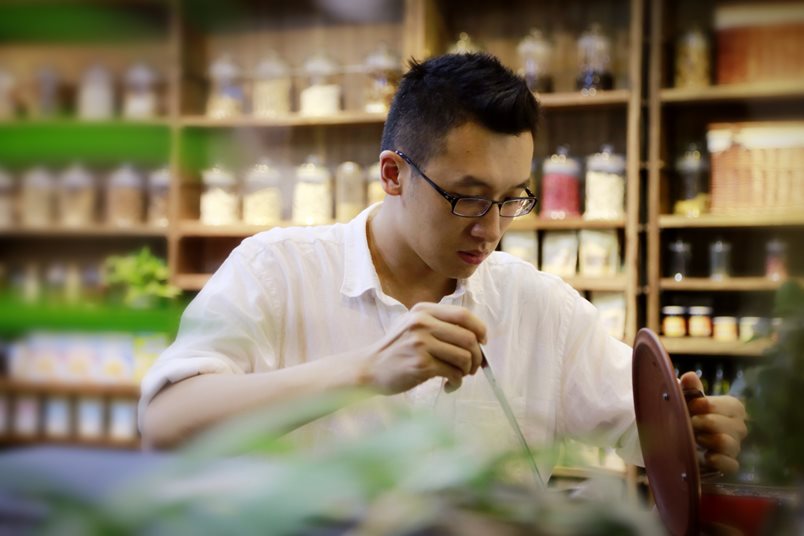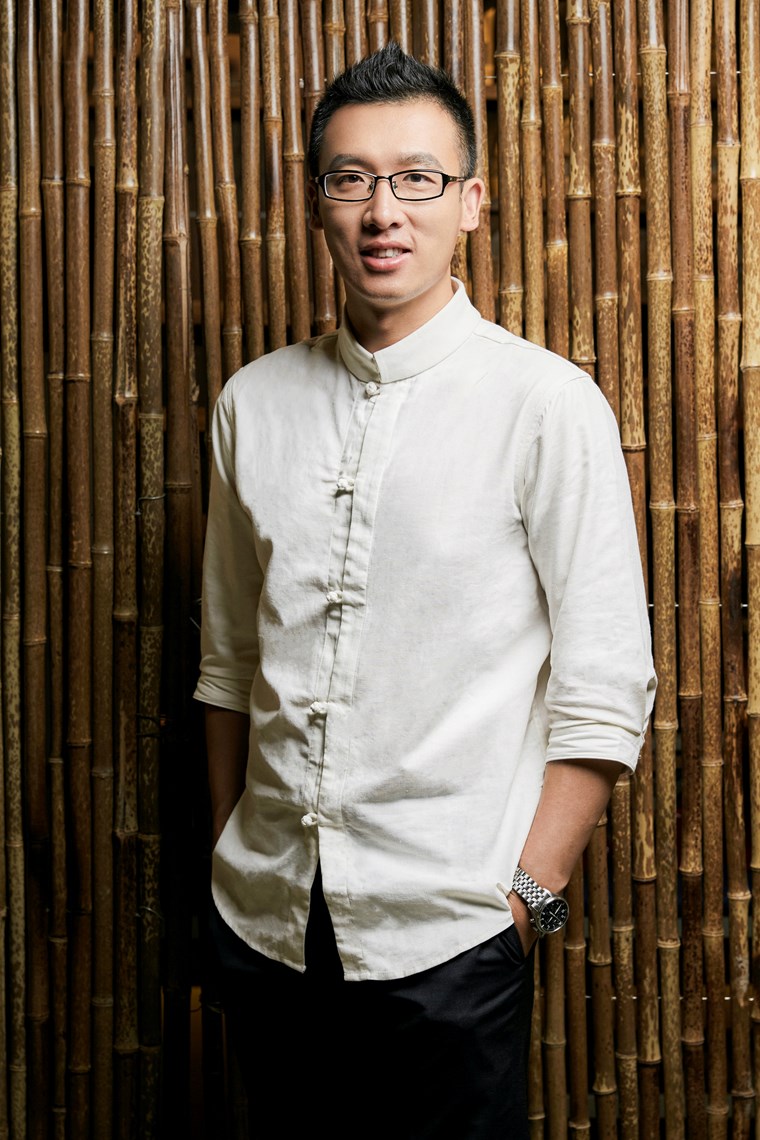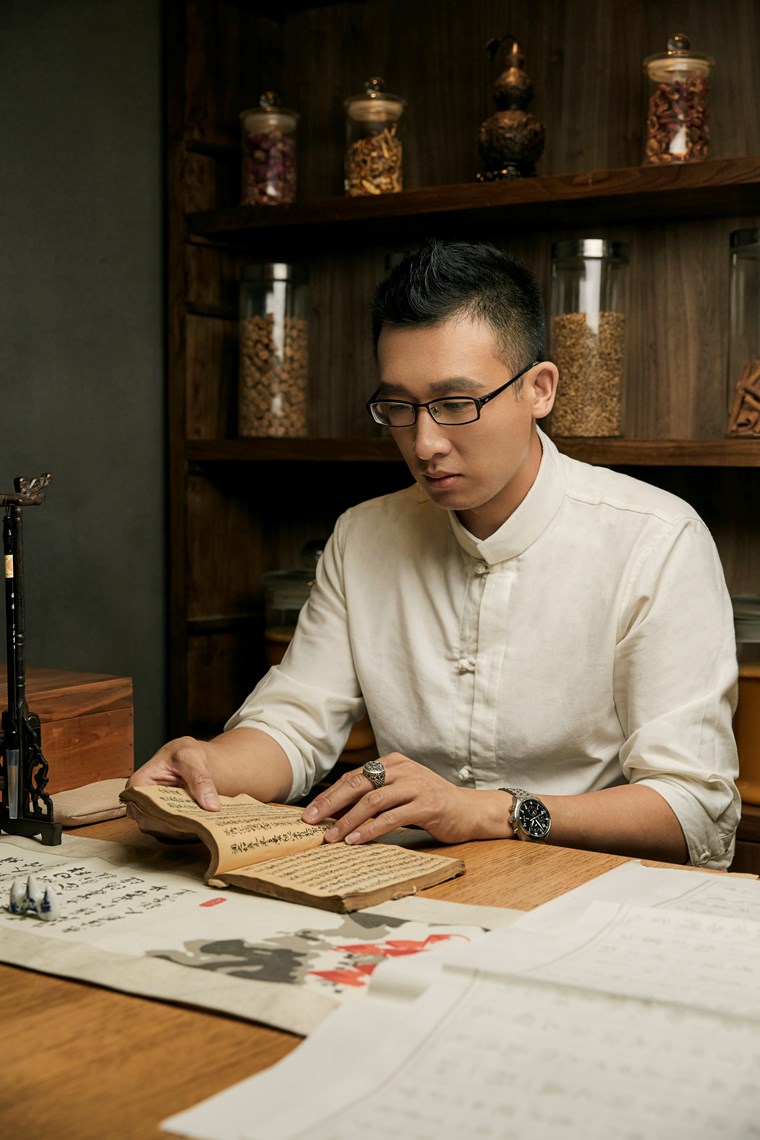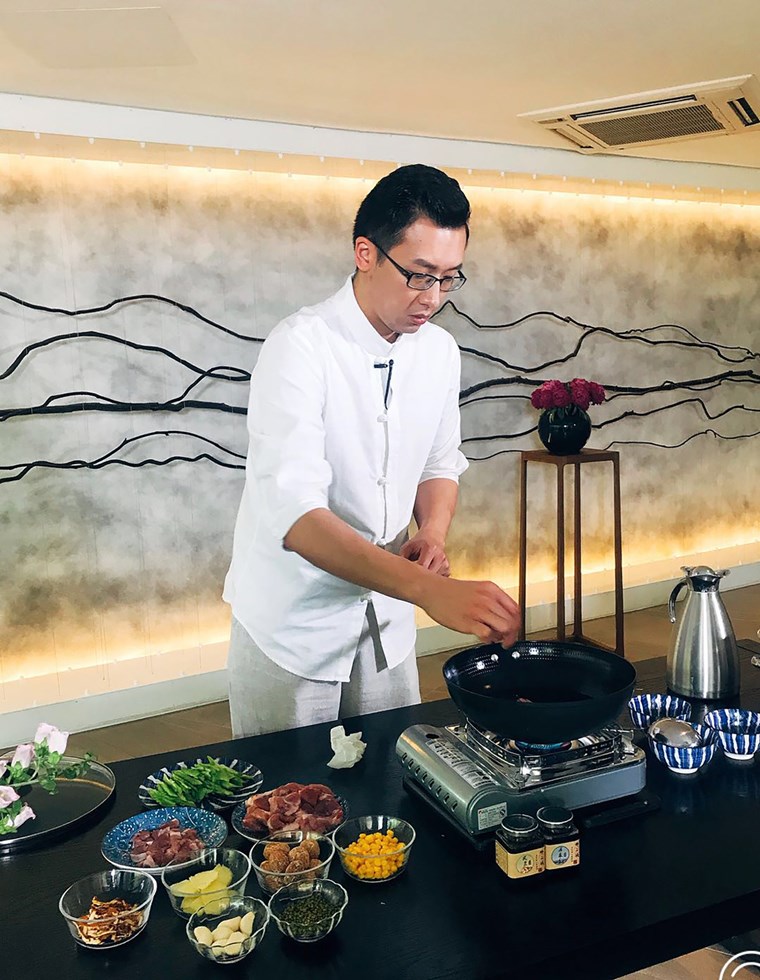
Text: Crystal Hough
Photography: Courtesy of Zhenyu Wen
Paris, the city renowned for its exquisite cuisine, is often associated with the refined tradition of afternoon tea. The act of afternoon tea has been an integral part of French culture since the 17th century. Meanwhile, across the globe in the Qing Dynasty of China, Eastern afternoon tea had also gained the hearts of the royal court and aristocracy.
As the sole heritage keeper of the Chinese royal palace afternoon tea ceremony, Zhenyu Wen was the first person to blend any aspect of Eastern cooking techniques into French cuisine. The honey refining process preserved by him was incorporated into the French afternoon tea and his efforts soon attracted the attention of the food world's leading practitioners.

Recently, Wen was an honored guest at the GIC Global Innovators Conference, where he invited worldwide attendees to sample this cultural delicacy. During the Beijing International Design Week, he delivered a speech on the "Art of Balance," emphasizing harmony with nature. He also made a special appearance as a guest at the Oriental Concept Designer Live event during the Beijing International Fashion Week. Wen's journey is a testament to the power of Intangible Cultural Heritage and the magic of cultural fusion. Wen's Eastern afternoon tea project has garnered media recognition from prominent Western outlets, showcasing the allure of his lifestyle, events and exceptional honey refining products. With the United States chosen as the inaugural destination for his world tour, Wen is ready to leave an artistic and gastronomic mark on the global stage.
We met Wen to talk about the artistic design of the artistry behind the Eastern royal palace afternoon tea and his groundbreaking honey refining technology.

As the sole new-generation heritage keeper of the Chinese royal palace afternoon tea, what contrasting views do you hold compared to your predecessors?
During my youth, I delved into oriental health philosophy, which opened my eyes to a different perspective. I believe that as society evolves, so does the significance of food. It is not merely about satisfying our taste buds but also about preserving our physical and mental health in our fast-paced world.
What inspired you to incorporate the honey refining process into French afternoon tea? Could you describe your journey?
It all started with the Eastern royal court afternoon tea itself. For years, I embarked on an extraordinary global adventure, exploring the intersections between intangible cultural techniques and the diverse cultures of the world. Along the way, I have been working closely with several institutions to popularize Chinese cultural delicacy.

Can you provide us with insights into the honey refining products you have been working on?
Using cutting-edge technologies and precise measuring tools, I overcame previous obstacles that hindered the standardization of the production process. This allowed me to enhance the adaptability of honey refining technology, ensuring its quality and consistency. I also revolutionized the packaging of honey refining products to cater to the mass market. By creating portable bags and capsules, which are even compatible with coffee machines, I received a warm reception from consumers and food enthusiasts worldwide.
What are your goals and ambitions for Eastern afternoon tea?
The Eastern afternoon tea culture represents the timeless creativity and cultural heritage that have been passed down through the ages. In this new era, I aim to breathe new life into it, infusing it with renewed vitality. My goal is to safeguard and promote this precious treasure and ensure its recognition on the world stage.












